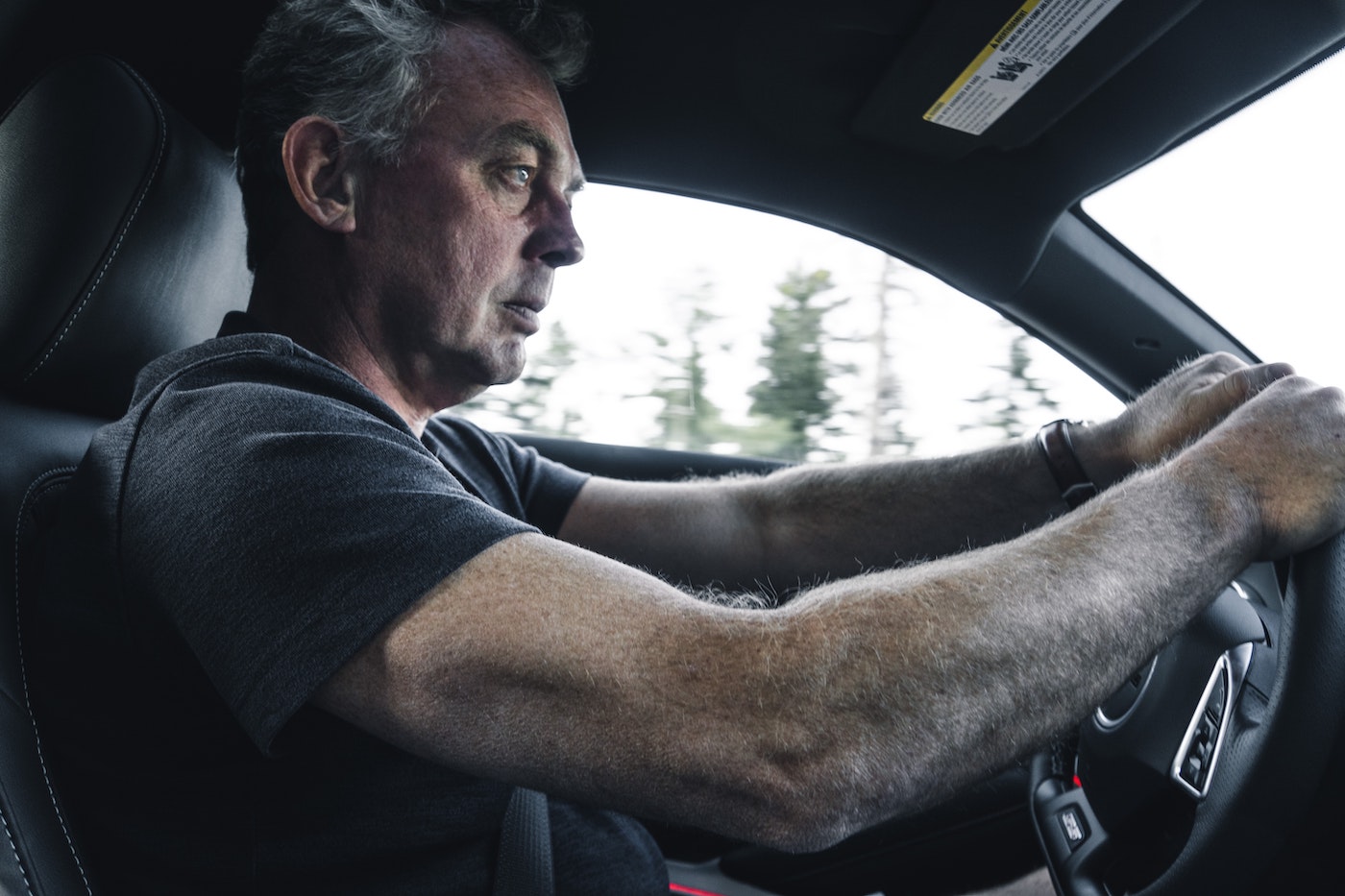With many Brits having not driven any real distance in over a year, a new study reveals that 46 percent of UK motorists have serious misgivings about being behind the wheel again.
Overall, a FIFTH (19 percent) admit they are dreading being out on the roads once more, secretly wishing they never had to drive again, while 47 percent confess, they’d probably benefit from doing driving lessons to get them back on the road safely.
The study found that nine in 10 (90 percent) of motorists claim they’ve driven far less during lockdown than before, with almost a third (32 percent) admitting they’ve BARELY used the car.
In-fact the average British driver has only been behind the wheel for up to five hours a week over the past year – less than half as much as they were pre-pandemic.
And this extended break from driving might lead to some hairy moments on the road, according to the data, with 42 percent of the 1500 UK motorists polled confessing their driving skills were more than a little rusty.
While more than one in ten (14 percent) say they have COMPLETELY forgotten how to drive their car.
The study, by Nextbase, also found that 29 percent of UK drivers said they’re worrying about motorway driving again.
Psychologist Dr Becky Spelman, who worked with Nextbase on the research said: “Unsurprisingly, for many of us, cars represent freedom.
Suddenly having nowhere to go has also meant having no good reason to use the car. To all intents and purposes, our world has shrunk and many of us feel that we have regressed to an earlier time in our lives when we were powerless and depended on others.
“Almost half of UK motorists are dreading getting behind the wheel again – clearly, many of the fears and anxieties that they have experienced around the pandemic have transferred to driving, which is the ultimate symbol of freedom and self-direction in our modern society.
Anxieties about still being able to drive safely probably also reflect anxieties about how they are going to cope with uncertainty as the world opens back up again, and as they gradually get behind the wheel once more and take care, not just of their cars, but of life.
“In these circumstances, feeling disempowered, it is understandable that many people regress and become more childlike – which can also include the not-so-attractive childish emotions of petulance, jealousy, and rage, as well as new-found anxiety about getting behind the wheel and driving somewhere!
People are often more likely to attribute negative emotions and feelings to others than to themselves, so it is fair to assume that these fears about road rage reflect, at least to some extent, people’s concerns about their own behaviour and ability to cope with stress when they finally start driving again.
“The good news is that humans are a very resilient species, and that once we have learned a vital life skill, we don’t unlearn it.
Perhaps we haven’t been exercising our driving muscles very much of late, but as soon as we start again, for most people those familiar actions and behaviours will fall right back into place surprisingly quickly.
The past year has been difficult for us all, and painfully difficult for some, but we will bounce back – we will polish off our rusty social skills, we will start to go out again, and we will also get back behind the wheel and drive with the same confidence we used to feel.”
The study also found that 38 percent of UK motorists think we’re set to see an increase in road rage post lockdown, as people have become more impatient and will be trying to get to their destinations more quickly.
In fact, more than one in 10 (12 percent) Brit’s plan to put their foot on the accelerator when they’re back behind the wheel, with 46 percent admitting driving fast makes them free and alive.
On the other hand, a fifth (20 percent) of those polled said they plan to take inspiration from social distancing and drive at a much slower pace once back on the road.
More than HALF (51 percent) of those who say they’ll drive slower will do so to take care of themselves, 38 percent because they are generally feeling more anxious thanks to the last year, while one third are trying to take life at a slower pace generally.
Bryn Booker of Nextbase, said: “With motorists anxious about how lockdown has affected driving skills and patience on the roads, and concern about an increase in road rage incidents, there are precautions every driver can take to make sure roads stay safe post-lockdown.
“A dash cam offers many solutions not just in the event of an incident, but as a deterrent – we’ve found that 54% of people will adjust their driving to be less aggressive if they see dash cams in the cars around them. With 58% of drivers saying they would keep a better distance from other cars if they had a dash cam.”
The study found that, overall, 42 percent of us are looking forward to having a bit of freedom once more, by being back on the road.
